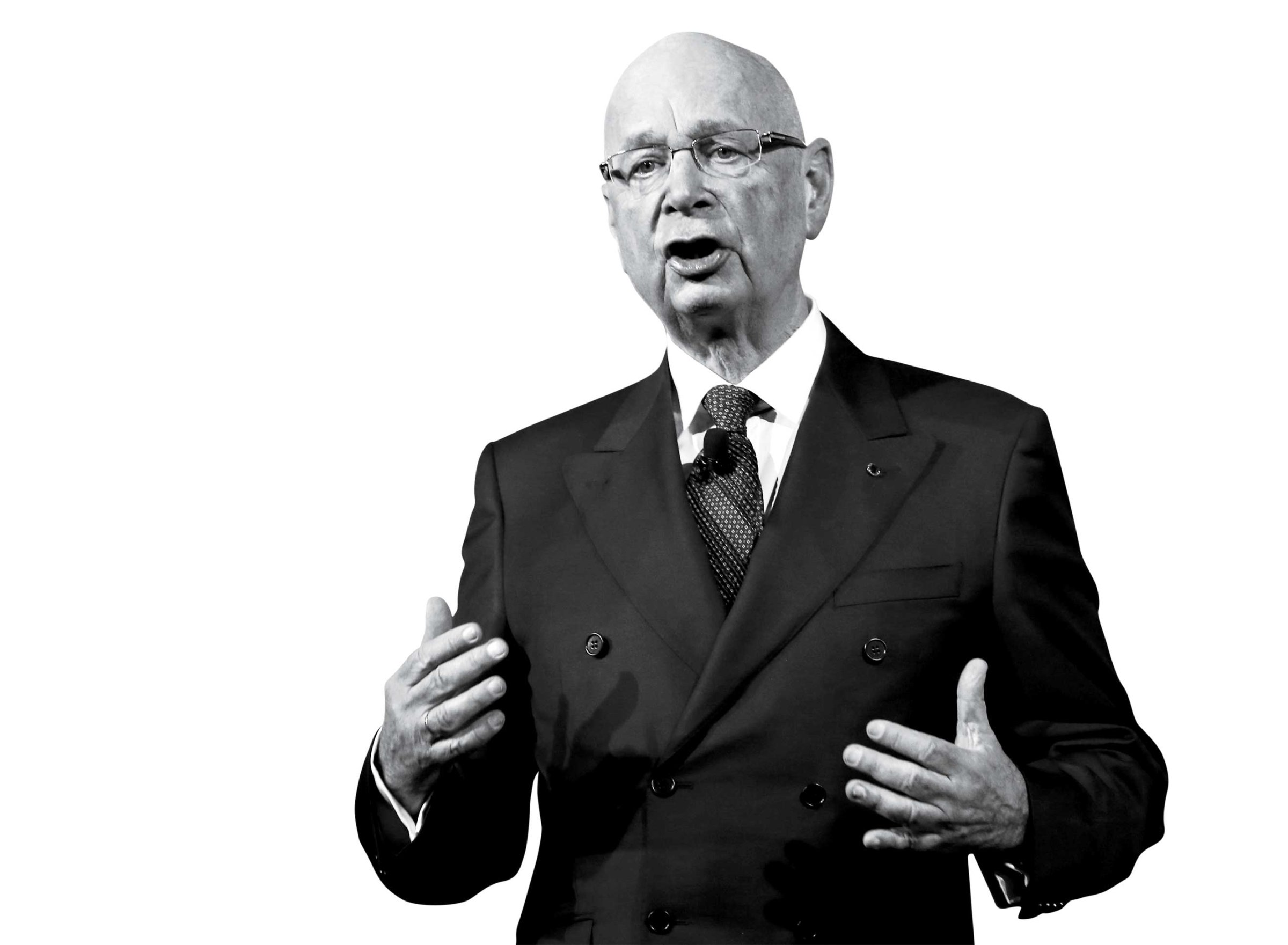
The founder and executive chair of the World Economic Forum explains how society can have an identity crisis—and what a Precariat is
Davos takes place this year at a time of uncommon instability. How come?
When you look at the major European or North Atlantic nations, people do not know what the policy of the next administrations will be. The U.S., maybe together with China, is the elephant in the room. Both uncertain. You have elections in France, the unknown nature of Brexit’s implications. And then you have Germany, and given what happened in Berlin with terrorism, what will be the position of Angela Merkel one year from now? That creates the whole atmosphere of morosity.
You have a phrase about the rise of discontented workers—you call it the Precariat?
I didn’t coin the phrase, but it describes why people have this uneasy feeling. Is my job still safe? I think there are 3.5 million cashiers in the U.S. and as many truck drivers for whom technology might be overtaking their jobs. People feel a lot of anxiety, and it may not even be conscious.
Is technology bringing about these job losses faster than you expected?
It’s coming like a tsunami, or in Davos language, like an avalanche. If you hear a storm coming, it is normal to be afraid. People feel they are losing control over their own lives. Let’s get control back is a phrase that is touching a nerve.
Are we also having a debate—or maybe a crisis—about how to organize big societies?
Yes. Following World War II, the world mostly shared values about human rights, democracy and so forth. Many believed then that Western liberal ideas would be universal. But today it is not the case that we share the same values. If you look at Russia, China, Turkey—and even inside our societies—people have different concepts about how to organize big societies. Typically in Western society, the individual is protected against the collective. But increasingly, the collective is protected against the individual. And even inside our own society, the question arises more and more about how much should you defend the collective against the individual? What is the right balance?
How does immigration fit in?
I’m not a sociologist or psychologist, but identity is what gives you self-confidence, purpose of life and affinity with other people. We are in a situation where it is harder to develop an identity because we are living in a much more dynamic world.
Is a shifting of the great powers at work?
China’s purchasing power will soon exceed that of the U.S. We have India, Brazil—despite its present difficulties—and other countries taking positions that will reshape the global situation. It is a little like a father who has a number of children, and now the children are growing up and becoming independent. How do the parents react?
What is your biggest worry?
My biggest concern is U.S.-China relations. I hope that in Davos we can make a contribution to a better understanding of each other’s positions.
So what gives you hope?
Two things: technology, because with all the threats we have, don’t forget that it can make our lives healthier, longer, greener and give us many more opportunities to develop ourselves and bring those people who are excluded into the conversation.
And the other?
The younger generation. It has a completely different attitude. Those people have a really global attitude and global identity. To make money is not necessarily their first objective. Their first objective is to make a contribution.
More Must-Reads From TIME
- The 100 Most Influential People of 2024
- Coco Gauff Is Playing for Herself Now
- Scenes From Pro-Palestinian Encampments Across U.S. Universities
- 6 Compliments That Land Every Time
- If You're Dating Right Now , You're Brave: Column
- The AI That Could Heal a Divided Internet
- Fallout Is a Brilliant Model for the Future of Video Game Adaptations
- Want Weekly Recs on What to Watch, Read, and More? Sign Up for Worth Your Time
Contact us at letters@time.com